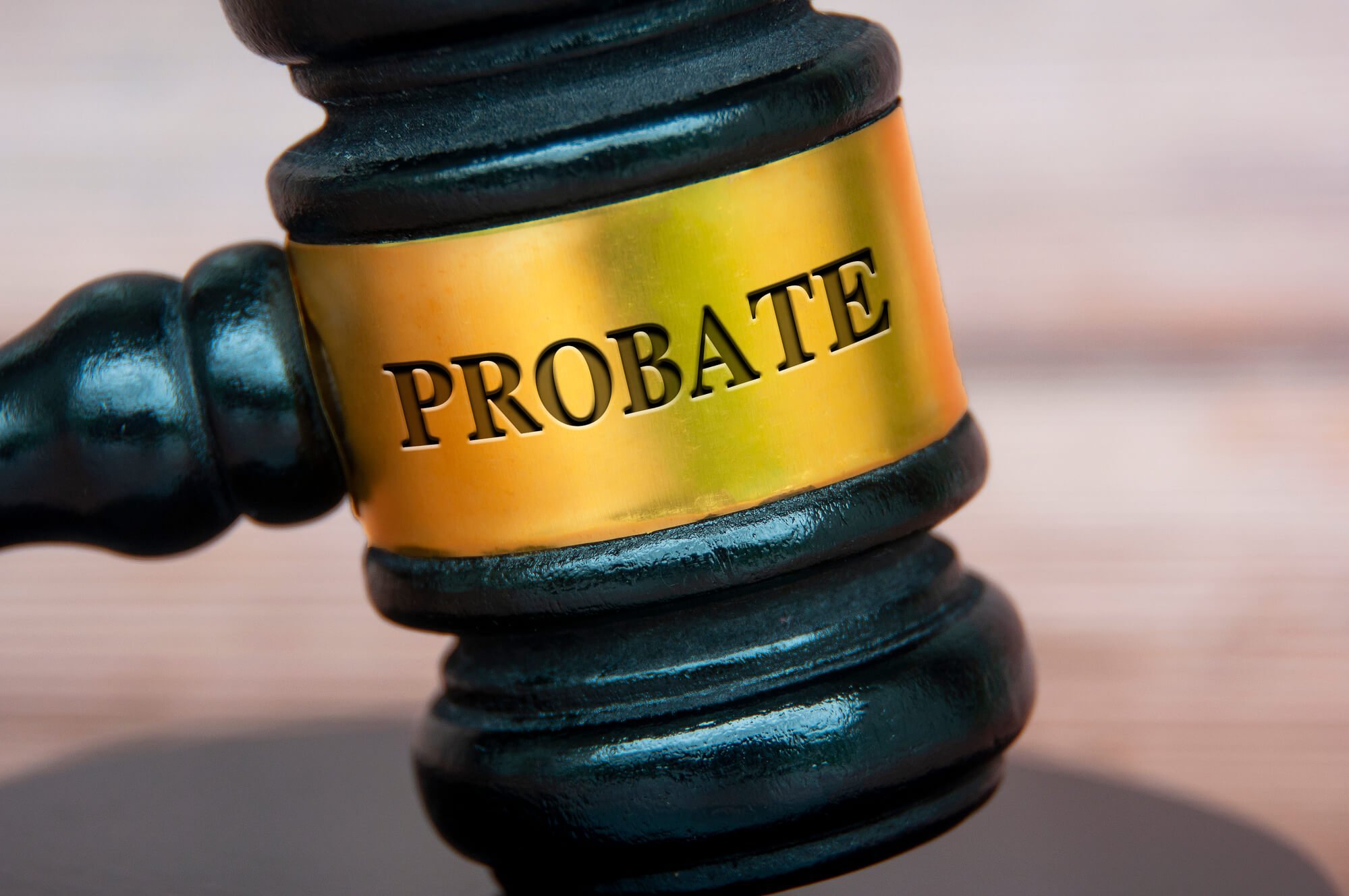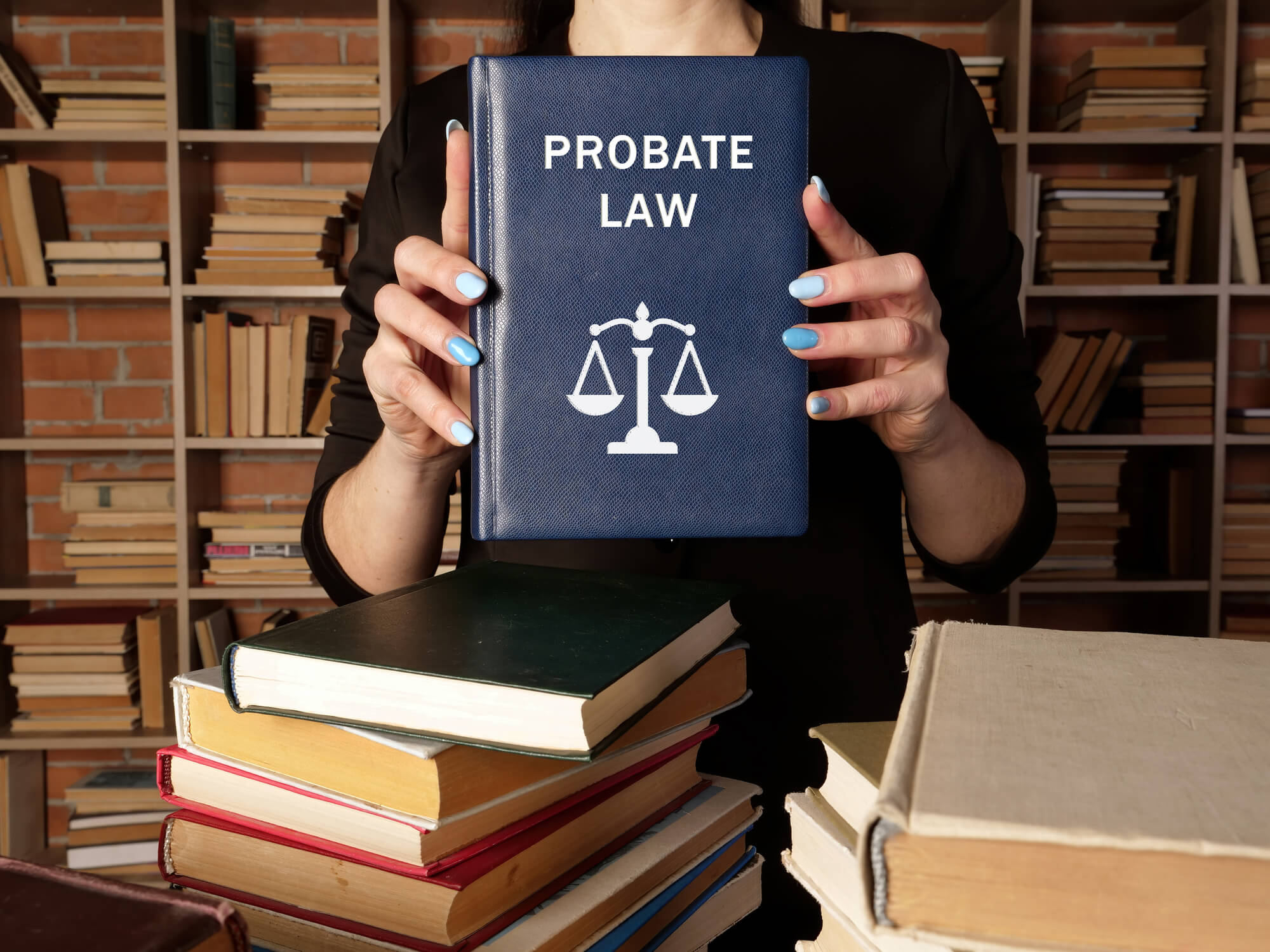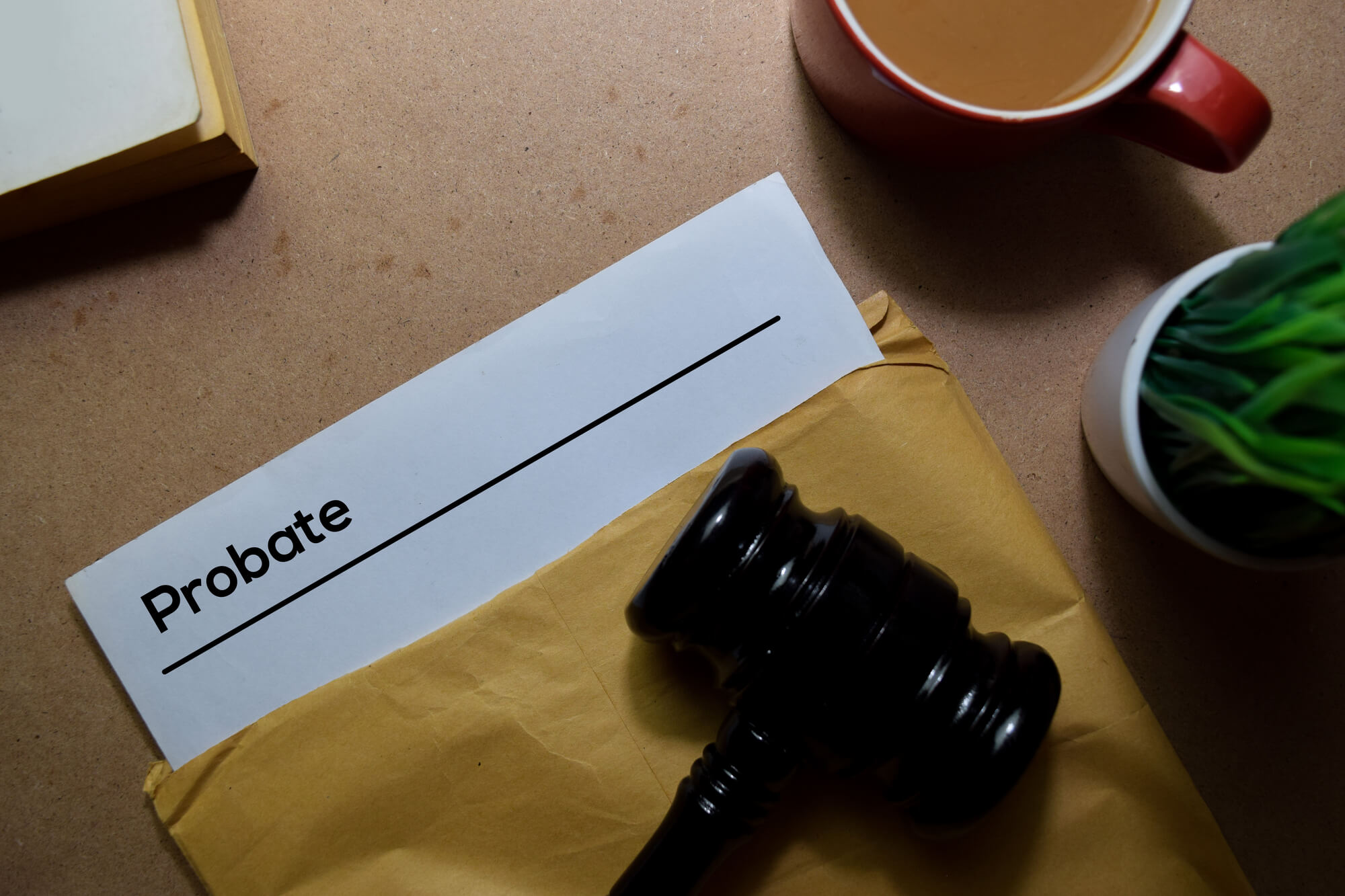Probate refers to the legal right to distribute or deal with the estate of a loved one after their demise. In this case, estate basically refers to the properties, money, and possessions left behind. No one can start distributing the deceased estate before acquiring probate. This can be done by either an executor or next of kin depending on who the deceased left in charge of the estate.

What does probate mean
Probate is the process of acquiring the legal right of distributing the properties and assets of a deceased person. You may be asking, how long does it take to get probate? Well, it can take anywhere between six to nine months. There are several factors that will determine the whole probate process with the presence of a will being one of them.
If the deceased left a will then the executor or next of kin responsible for the distribution of the estate will be issued with a grant of probate. In cases where the deceased left no will, the executor will be issued with a letter of administration.
What Is a grant of probate
A grant of probate is the legal document issued to give the executor named or next of kin the right to deal with the financial assets and property of the deceased. It is issued if there was a will left. Before applying for probate, the executor needs to find out if it’s necessary. They also need to conduct a probate valuation to determine the total value of the assets left by the deceased.
This legal document also allows the executor to also pay off any outstanding debts the deceased had and the inheritance tax if there’s any that needs to be paid. The document is essential because you need to show it to the respective institutions before they can transfer any control of the assets to you.
This is, however, determinant on the requirements of the said organisation, some can transfer without the grant of probate especially if the estate is small. Therefore, it’s advisable to reach out to these institutions be it banks, mortgage firms.
Circumstances where grant of probate is necessary

As mentioned earlier, in some cases where the deceased had a small estate, then probate isn’t necessary. However, there are situations where getting a grant of probate is almost a must. They include the following:
- If the deceased left more than £20,000 in any bank accounts
- If there are shares or stocks involved
- Property held in deceased’s name or ‘tenants in common’
- Due to insurance policies
- If the deceased had properties like land, buildings, etc.
- If it’s a requirement by financial institutions or other organisations
How is the probate process
There are several stages involved in the probate process in the UK and several aspects are determined by whether there’s a will or not. Upon the demise of a loved one, either the executor or lawyer will inform the court and submit a copy of the death certificate so that the probate process can commence. If there’s no will, then a personal representative will be appointed by the judge to oversee the estate distribution.
Meanwhile, the rest of the probate process will be the same regardless of whether there’s a will or not. Below are the stages involved:
- Validating the will
- Choosing someone to conduct the probate
- Post a bond
- Informing beneficiaries and other parties involved
- Determine the value of the deceased’s assets
- Apply for grant of probate
- Pay off any debts, fees and inheritance tax owed
- Distribute the remaining assets to the beneficiaries
Validating the will
Upon the demise of a loved one, either the executor of the will or lawyer will inform the court and submit a copy of the deceased’s death certificate. If there was will left, the court must validate the will by ensuring that it was dated and signed according to the law.
Choosing someone to conduct the probate
If the deceased had left a will, the judge will formally appoint the executor left in charge. If there was no will left, the court shall appoint a personal representative. Most of the time, personal representatives are usually the next of kin and they serve the same purpose as an executor.
Post a bond
Posting a bond is essential as it protects those left behind from any mistakes that an executor or personal representative might make during the probate process. Although they’re costly, bonds are not necessary and they can also be waived if the executor is also a beneficiary of the deceased person’s assets.
Informing the creditors and beneficiaries
It’s the executor’s responsibility to find and inform the beneficiaries of the demise of a loved one. The process is much easier if there’s a will left behind since all the beneficiaries will be listed there. Regardless of whether there’s a will or not, the most difficult part of the process is finding the creditors. You need to ensure that any debts owed are paid off.

Determine the value of the deceased’s assets
It’s essential to determine the value of the deceased estate by identifying their assets and their liabilities. You should also take this time to verify the identities of the various beneficiaries. Depending on the size of the estate, you might need to work with a professional appraiser to get the accurate value of all of the assets and property.
Apply for grant of probate
Once you’ve established the value of the estate, you’ll need to have a legal document showing you have the authority to distribute the deceased’s assets. This means you will need to obtain probate from the probate office. Letters of administration are issued in cases where there’s no valid will present.
Pay off any debts, fees and inheritance tax owed
This needs to be done with due diligence to avoid a situation where creditors go after the beneficiaries in the future over unpaid debts. Once probate is complete, the executor can now pay off any funeral costs, clear any debts, and pay off any inheritance tax owed to the HMRC.
Distribute the remaining property
Once everything has been paid off and all debts have been cleared, the executor can now distribute the remaining property and assets to the beneficiaries. If there are no challenges being faced at this point, deeds and titles can be transferred to the respective beneficiaries as indicated in the will or as per the court directives.

How to avoid probate
The need for probate means additional expenses like executor fees, administrative fees, and legal fees among other costs. It’s also essential to note that with the presence of a will, probate will most likely take a shorter while. The longer the entire probate process, the more costly it will be. Some of the circumstances probate can be avoided include the following:
- If the deceased had a Trust
- If your loved one had distributed their assets while they were still alive
- If the estate was small
- Owning property jointly(property can be transferred without the need for probate)
There are a lot of important things that need to be carefully considered when it comes to probate. If you were looking for more information on probate and how to avoid it this article will undoubtedly come in handy. You also get to have an idea of what to expect during the probate process. And from the above, it’s evident that having a will significantly simplifies the entire process.












